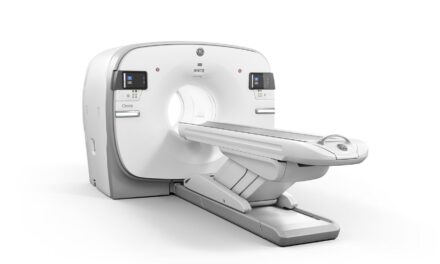The Harold C. Simmons Comprehensive Cancer Center has been awarded grants from the Cancer Prevention and Research Institute of Texas (CPRIT) to increase minority participation in clinical trials, expand lung cancer screening, develop brain tumor drugs, and advance innovations in drug discovery and technology.
“This new funding comes on the heels of our redesignation by the National Cancer Institute as a comprehensive cancer center,” says Carlos L. Arteaga, MD, director of the Simmons Cancer Center, who holds the Lisa K. Simmons Distinguished Chair in Comprehensive Oncology. “These strong shows of support from the federal and state government bolster rigorous, promising work in cancer research and prevention. It will help underserved groups and advance cancer studies in some the nation’s most prestigious labs.”
David Gerber, MD, professor of internal medicine and population and data sciences and associate director of clinical research, was awarded a $1.5 million grant to include more minorities in clinical trials. The project will reimburse 350 patients from underserved groups for participating in trials. Gerber expects the program will increase enrollment of underrepresented minority groups. Demographic data will be tracked to determine the characteristics of who enrolls and find possible solutions for more inclusive clinical trials.
The Moncrief Cancer Institute in Fort Worth received a $2 million grant to expand lung cancer screening and patient navigation. The project will target approximately 85,000 eligible patients, providing opportunities to participate in comprehensive lung cancer screening, serving at least 1,200 patients with nurse-driven clinical navigation, screening, and follow-up care.
The project will include tobacco cessation counseling and education while leveraging infrastructure and a successful county-tailored delivery model to ensure these prevention services reach communities disproportionately impacted by cancer, including low-income, uninsured, or underinsured patients residing in rural and underserved counties across North Texas.
Kalil Abdullah, MD, assistant professor of neurological surgery, was awarded $1.5 million to continue his work on the most common type of malignant brain tumors, known as gliomas. These tumors depend on changes in cell metabolism to grow and spread throughout the brain. His research showed that a drug that targets tumor metabolism can slow the growth of these tumors in human cells and in mice. With this award, Abdullah, the Eugene P. Frenkel, M.D. Scholar in Clinical Medicine, plans to continue studying this drug’s potential and design a clinical trial that treats patients with malignant gliomas.
Moreover, Jacques Lux, PhD, assistant professor of radiology, received a $249,000 grant to treat metastatic cancer using microbubble-assisted ultrasound-guided immunotherapy. The project aims to activate STING, the stimulator of interferon genes, and downstream pathways. This technology platform, termed microbubble-assisted ultrasound-guided immunotherapy of cancer, comprises a clinically approved microbubble ultrasound contrast agent that Lux’s team engineered to carry cGAMP and specifically target immune cells.
When applying ultrasound pulses with a clinical scanner, microbubbles will generate small transient pores on the cell’s surface and release cGAMP directly into the cells to activate STING and down-stream pathways. If successful, the research will overcome a major technical hurdle in STING-targeted immunotherapy and greatly advance its progress toward clinical translation.
Featured image: An image from the lab of Kalil G. Abdullah, MD, shows a brain tumor organoid used for cancer research.






